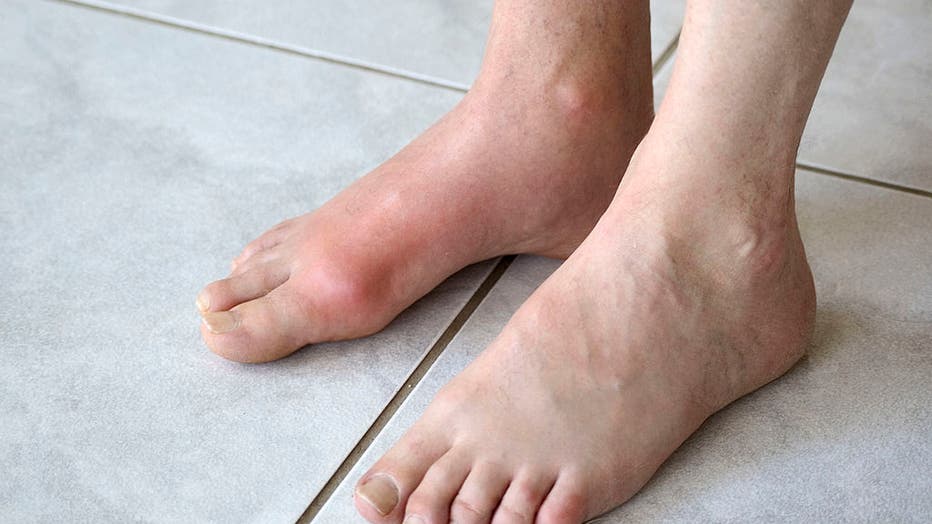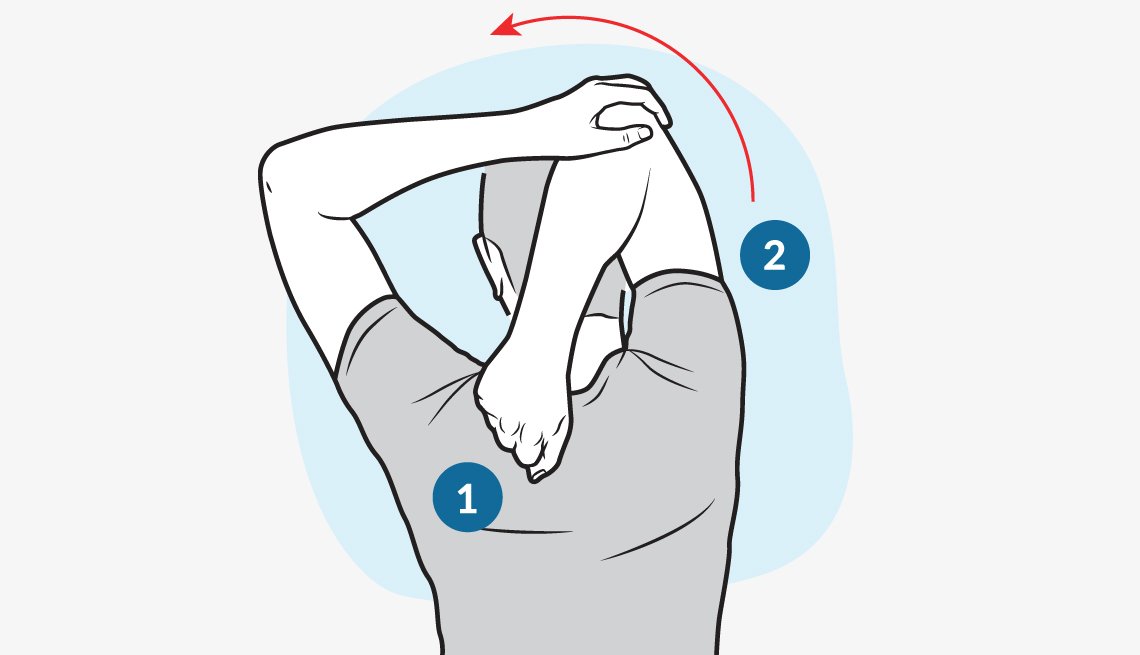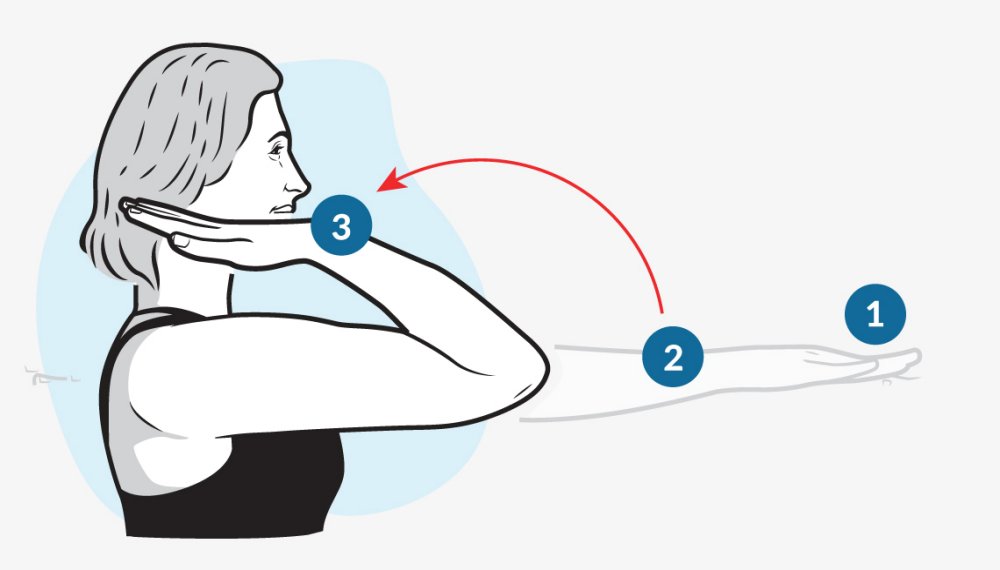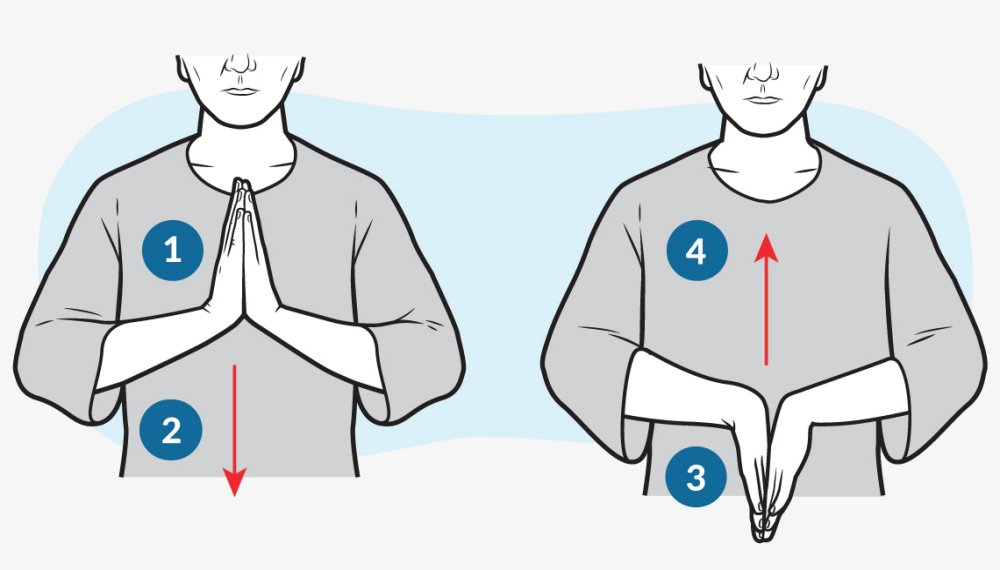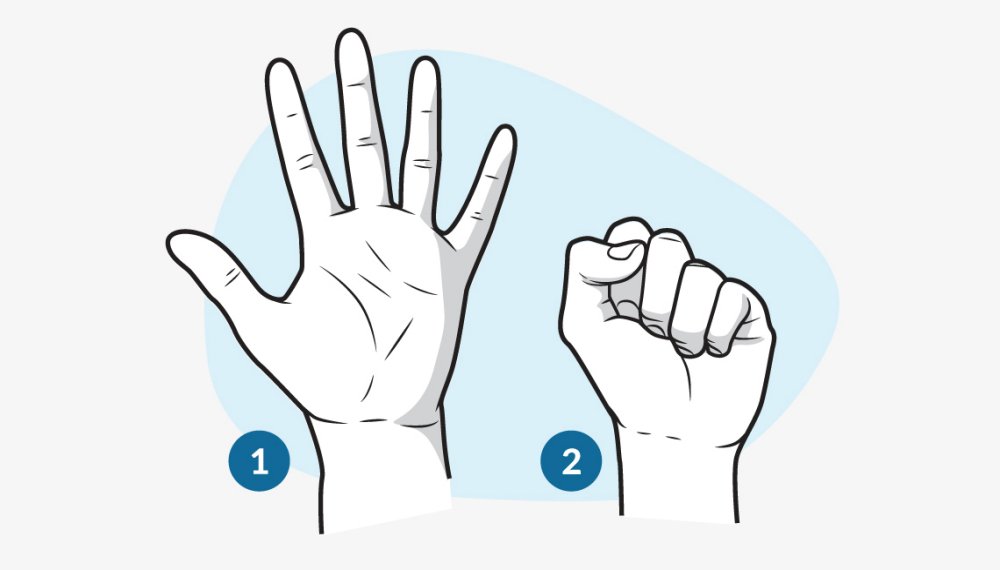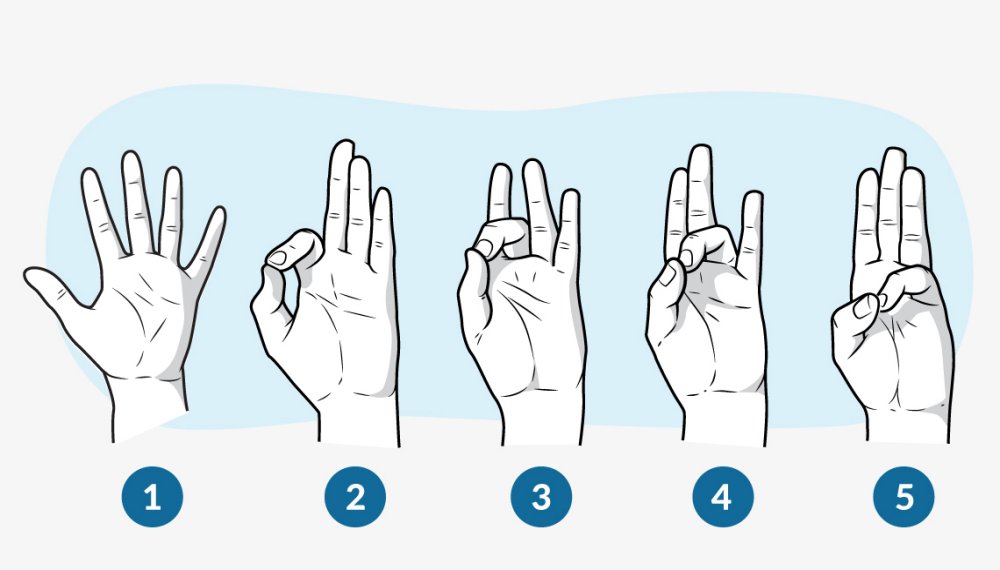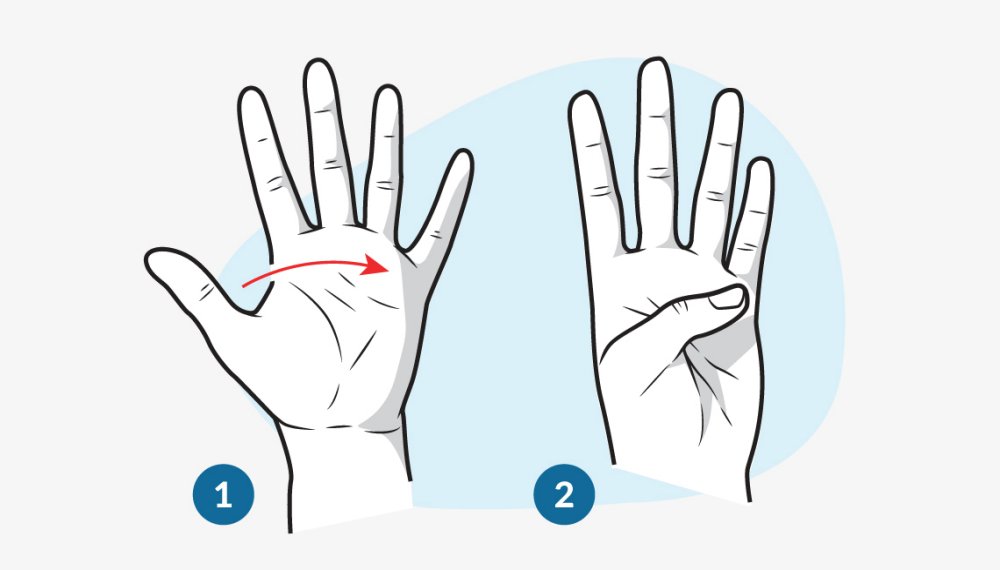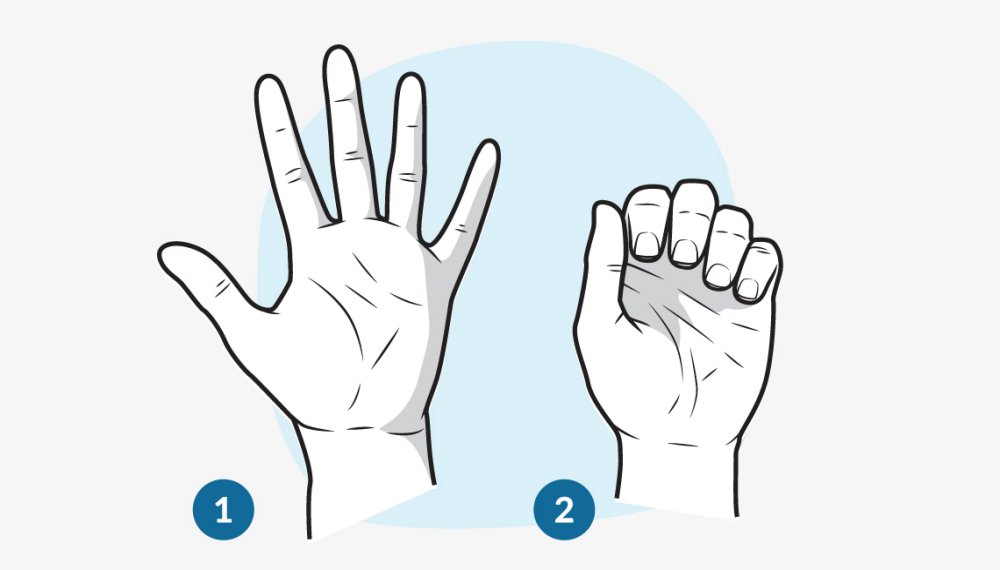From independent.ie/life
By Dr. Jennifer Grant
Q: Recently I have been waking up with the most horrendous pain in my ankles. I have to get up and walk around to get any relief. I also find my legs jerking sometimes. I am really worried that it is something serious. I am a woman in my mid 60s. What should I prepare myself for?
Different types of arthritis could be the cause of ankle pain
Dr Grant replies: First and foremost, it is highly unlikely to be anything too serious. It is possible that you may be suffering from two different underlying conditions. Pain that wakes from your sleep is potentially related to arthritis.
Osteoarthritis (OA) is the most common form of arthritis and usually affects one or more joints on one side of your body, while rheumatoid arthritis (RA) tends to affect the same joints on both sides of the body. Both conditions could be considered as they become more prevalent with advancing age and you are in your mid-60s. There are other types of arthritis such as gout or psoriatic arthritis that may also need to be considered.
What’s a little unusual is the fact that walking around during the night tends to give you some relief from your bilateral ankle pain. OA typically presents with the classic symptoms of joint pain, and some stiffness that tends to be worse in the evening time, and both the pain and stiffness place functional limitations on your ability to move. The pain tends to be worse after you use the joint (e.g. after a walk) and relieved by rest (e.g. less pain first thing in the morning after sleep).
Although, OA less commonly affects the elbow, wrist, shoulder and ankle joint. There is a phenomenon called ‘acute viral arthritis’ that can cause severe pain in a few joints but typically self-resolves after approximately six weeks. If the pain persists, other causes include RA. There are specific diagnostic criteria for RA but it tends to affect between two to 10 large joints and at least one (but up to 10) small joints in the wrist, hands and feet.
The second condition under consideration in your case is periodic limb movement disorder (PLMD) which causes disturbance of sleep due to an increased number of characteristic limb movements during the night. This often leads to fatigue and sleepiness during the daytime as the quality of your sleep is so poor. PLMD is common in healthy older adults and may occur alone or in association with other sleep disorders such as restless leg syndrome, obstructive sleep apnoea and narcolepsy.
In patients with PLMD, the leg movements that occur in sleep are repetitive and highly stereotyped movements lasting from 0.5 to 10 seconds and typically repeat at intervals of 20 to 40 seconds. These are seen and recorded during an overnight sleep study (polysomnography test) in a hospital that records your brain waves, oxygen level in your blood, heart rate, breathing rate as well as eye and limb (skeletal muscle) movements.
Just to mention, you may simply have ‘hypnic or myoclonic jerks’ which are common and benign. They occur due to an involuntary muscle twitch while falling asleep. People often describe them as an ‘electric shock’ or ‘falling sensation’ that can cause movements of legs and, sometimes the arms.
A lot needs to be teased out in order to come to a potential diagnosis for you. I suggest attending your GP who can perform an examination of your joints and assess your risk factors for certain types of arthritis.
Dr Jennifer Grant is a GP with Beacon HealthCheck




